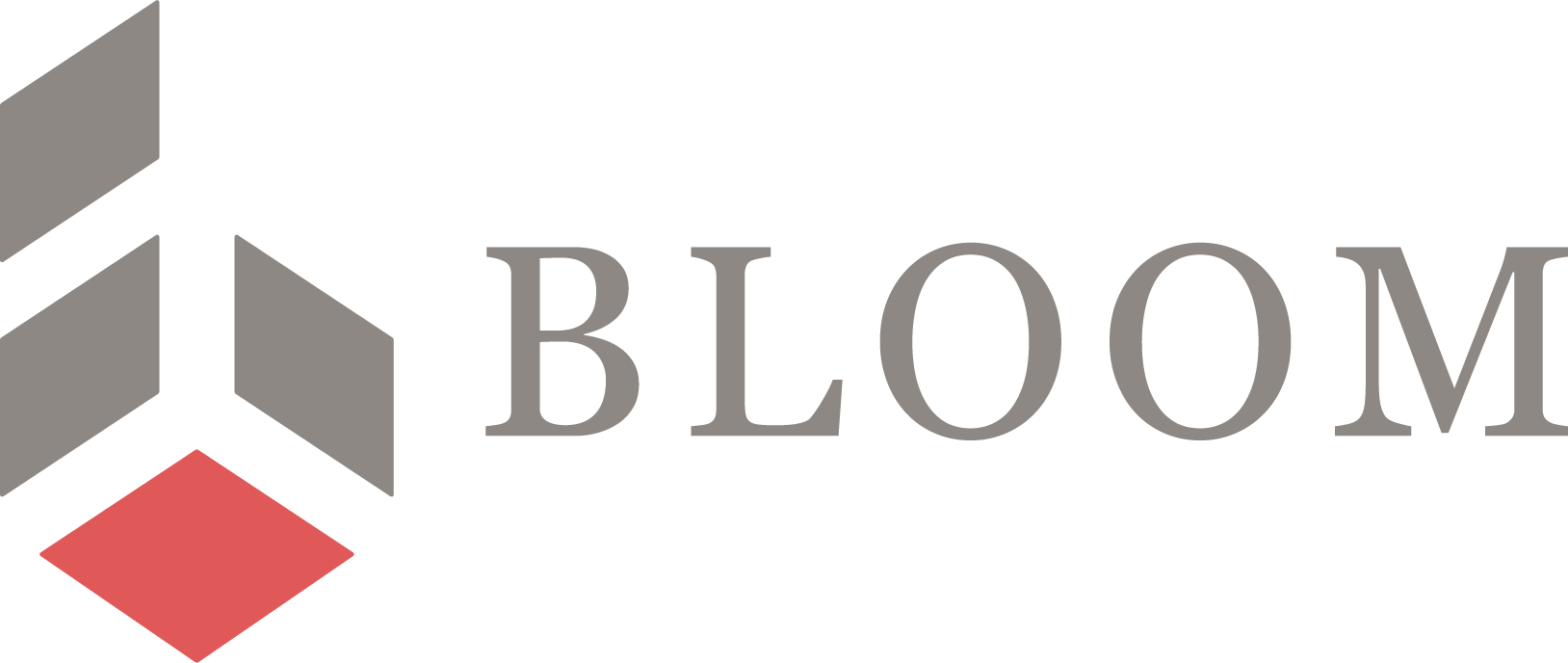– September 30, 2012 Posted in: Bias, Case Preparation and Presentation, Litigation Advocacy
The future of law is standing on the courthouse steps. Neurolaw – the combination of neuroscience research and the law – is worthy of attention for a number of reasons. Neuroscientists are conducting ground-breaking research with a machine called a functional MRI, or fMRI, which is similar to traditional MRI technology but focuses on brain activity, not just structure. Some would argue the use of neuroscientific evidence based on fMRI research is a premature adoption of a novel technology, but neurolaw evidence is already influencing jury trials in the United States and abroad. Billions of dollars are being pored into interdisciplinary neuroscience research each year in the United States and abroad. While we cannot predict the point in time at which the intersection of technology and law will merge to create credible courtroom evidence, we can look to neurolaw research today for research findings that confirm current trial practice techniques and offer new insights into jury decision making and the art of persuasion.
Current Criminal Trial Applications
In the United States, neuroscientific evidence has been admitted in over one hundred criminal trials now, has been cited in at least one U. S. Supreme Court case, and is being admitted as evidence in other countries as well. In many cases, neuroscientific evidence was offered to mitigate sentencing by presenting neuroimaging highlighting brain damage that could have diminished the perpetrator’s capacity and ability to make rational decisions. In one recent trial in Montgomery County, Maryland, Circuit Court Judge Eric M. Johnson allowed pretrial testimony about issues from the minutiae of brain analysis to the nature of truth and lies. After testimony by renowned experts in the field, Judge Johnson decided to keep the evidence out of trial, concluding the current lack of consensus among neuroscientists casts too much doubt on the results to present them as evidence to jurors. However, brain scan evidence was used in 2008, in Mumbai, India, to convict a woman of murder, along with circumstantial evidence. This conviction prompted strong criticism from bioethicists, who posit neurolaw research is still in its infancy, suggesting brain scan findings are not reliable at this point in time. Click Here To Read More

